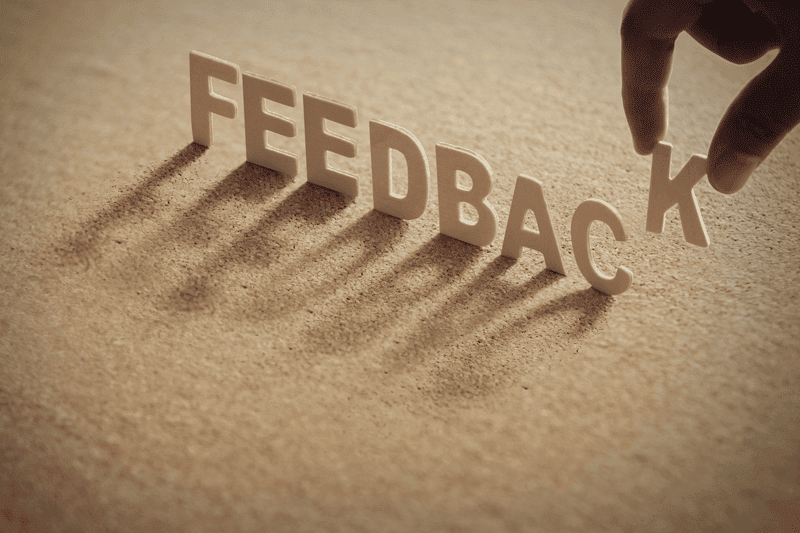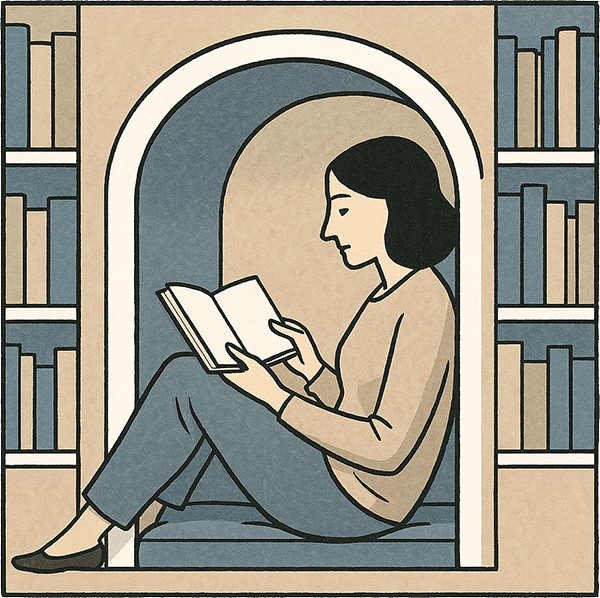If you want a professional final product when self-publishing your book, you will need an editor and know how to accept editing feedback. To save money and time, many self-publishers will skip this key step, or try to do it themselves – but if you do, your book will likely be lost in the sea of shoddily produced self-published material.
At the bare minimum, an editor is an experienced reader who can provide a fresh perspective on a draft. As the author, even if you have editing skills and experience, you are too close to your own work to do the job yourself. Getting an editor is one of the keys to standing out, and to competing on the same level as traditionally published books.
But how do you choose an editor? What does the process look like? And how do you get the most out of working with one by properly utilizing editing feedback?
When to Get an Editor
It’s time to find an editor when you’ve made your manuscript the best version of itself that you can on your own. Make sure it is as close to your original vision as possible. You may even want input from non-professional readers such as friends and family, to gain an outside perspective before even handing your manuscript to an editor.
Also familiarize yourself with the different types of editing. Generally, there are at least 2 broad categories of editing, and it pays to know the difference. First, content editing reviews aspects such as the plot, characters, and pace, or the organization of information in your book. Once this process is complete, copyediting looks for mistakes in the form of writing itself, such as grammar or punctuation. Copyeditors may do basic fact-checking as well. Both are distinct from proofreading, which looks for typos and glitches once a book is actually ready to print.
Choosing an Editor
There are at least 2 main factors to consider when selecting an editor. Objectively, you will want to find an experienced editor that comes highly recommended by their clients and the larger publishing community. For this, there are many online resources to support your efforts, although you may also tap into a personal network that could include other writers and people involved in the publishing industry.
Writing sites geared towards self-publishers, such as the Creative Penn and JaneFriedman.com offer lists of recommended editors and resources. The Editorial Freelancers Association is another great place to start looking for an editor.
When you have someone in mind, get a sample edit to see if you like their work. Perhaps give the same sample of writing to several editors to decide which approach is most ideal.
This will also help give you an idea about the second, more subjective factor to consider when choosing an editor: the relationship between you as an author and the editor. This involves their ability to communicate with you and explain their thoughts about their work. It also entails their capacity to understand your vision specifically, and whether they will try to fix things that you truly don’t believe are broken. Some of this may have to do with their experience working with your style and genre of writing, something you can keep in mind when choosing candidates.
As far as communication and manner, you may get an impression right away from initial correspondence. If that doesn’t feel comfortable to you, it will be difficult to work through your entire book. If you don’t think you can get a sense of this over email, don’t hesitate to ask to meet over the phone.
Editing Feedback
Of course, as with any relationship, this communication is a two-way street. One of the most important things to learn about working with an editor is how to respond to that criticism, how to communicate your own vision for your work, and knowing when and how to accept editing feedback.
Some of this is about understanding what is truly essential to your vision for your book, and what might be worth changing for readability and for appealing to your readers.
Working as a Team
As a writer used to working solo, you may not be terribly used to accepting feedback, criticism, or to working collaboratively in general. While you still retain ultimate decision-making power when working with an editor, you have to be willing to accept what your editor has to say in order to get the most out of their input.
Remember that with more distance from the material, and ideally with broad editing experience, your editor will have a perspective that you lack, bringing new opportunities to polish your book. Keeping in mind that any changes are ultimately up to you as a self-publisher, leave yourself open and consider each suggestion thoroughly before accepting or rejecting it. Try ideas and see if they fit. Do not let your ego get in the way.
Ask
If you don’t understand specific editing feedback, don’t hesitate to ask your editor to explain further.
Yet while opening yourself to new ideas and even criticism, have confidence in yourself as a writer and as a subject matter expert. Have faith in yourself to make try out editing feedback. Have faith in your expertise or level of immersion. Remember, your editor is there to provide the outside perspective that many readers will bring to it too. The process is about balancing this with your vision and expertise.
Once you find an editor you work well with, hold on to them! It is a key to producing high-quality, successful work. Consider letting your editor know that their contribution is appreciated, with an acknowledgement in your book, or even just an email saying so. Consider suggesting them to other writers you may know. They will appreciate it, and the relationship could see you through the rest of a long, successful writing career.




